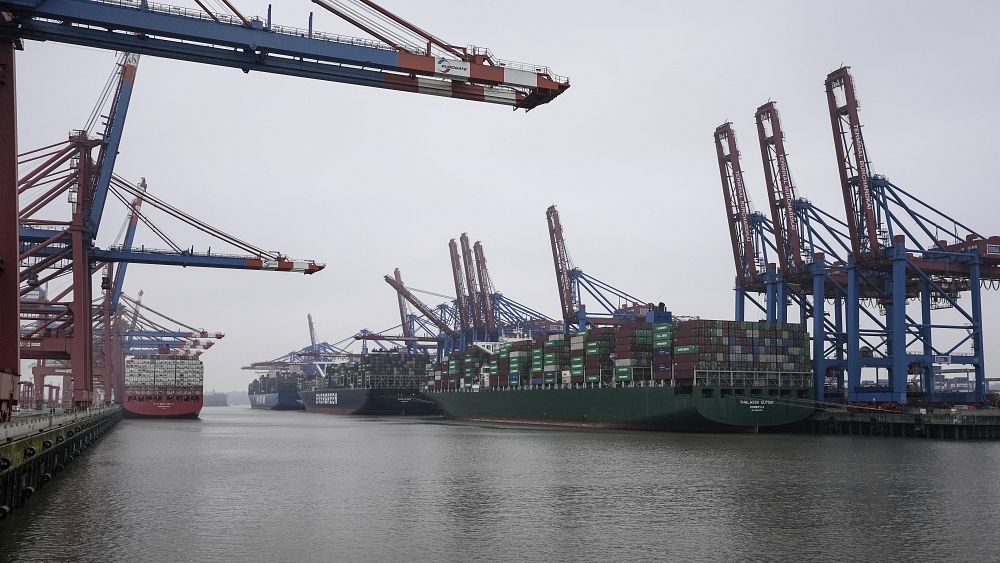
Port facilities in Belgium, Germany, and the Netherlands have been targeted by a large-scale cyberattack, authorities say.
Officials say the hack began several days ago and has primarily disrupted operations at oil terminals, preventing tankers from delivering energy supplies.
German judicial authorities say they have launched an investigation into suspected “extortion” of oil operators, amid soaring energy prices.
The European Union’s policy agency Europol told AFP that it had also offered its support to German authorities.
The cyberattack hit Hamburg — a major port city in northern Germany — as well as at least six oil terminals in Belgium and the Netherlands.
A German company Oiltanking confirmed on Thursday that it had been “the victim of a cyber incident affecting (its) computer systems”.
Oiltanking said they discovered the hack on 29 January and had taken “emergency measures”.
“All parties are continuing to work towards a return to normal operations at all our terminals as soon as possible,” a statement read.
Belgian authorities have also launched an investigation after ports in Ghent and Antwerp-Zeebrugge were disrupted.
An official from the Rotterdam-based brokerage firm Riverlake — Europe’s largest cargo port — said the hack had prevented some oil barges from unloading.
“The software of several port terminals has been hacked and they can’t process barges,” broker Jelle Vreeman told AFP, “basically, the operating system is down.”